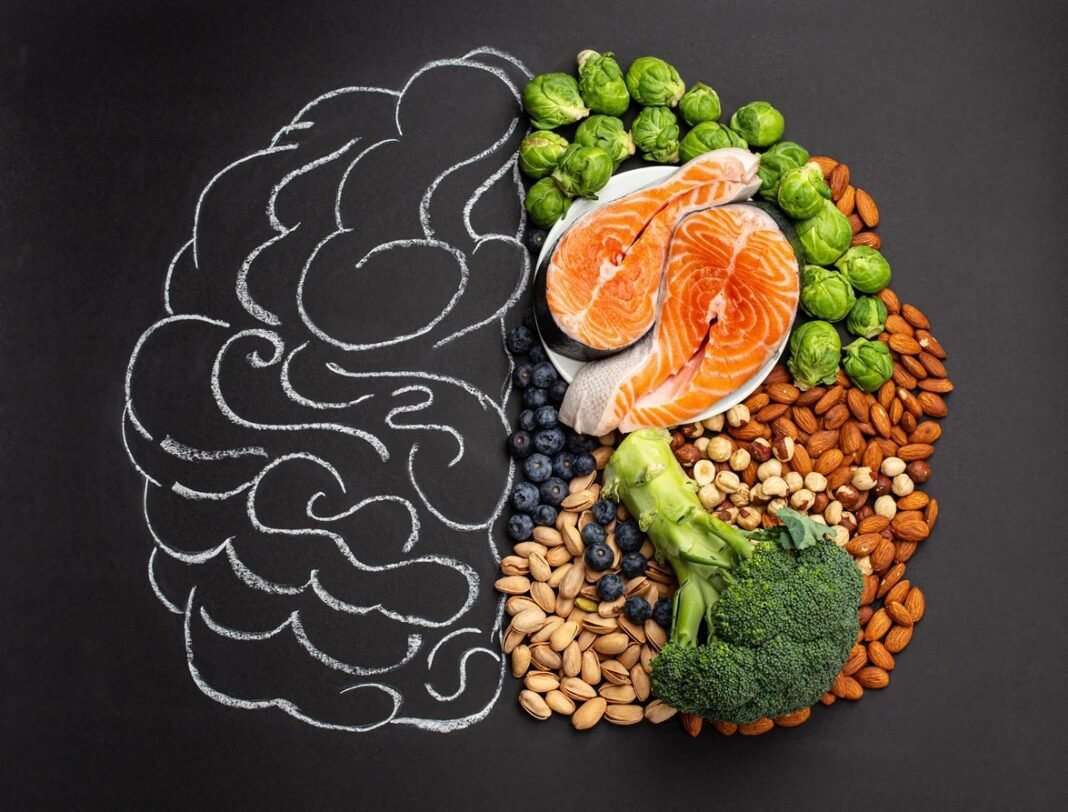In the pursuit of overall well-being, the connection between diet and mental health is well-established. However, an emerging field of research is shedding light on another crucial aspect of our well-being: mental health. The saying “you are what you eat” takes on new significance as scientists uncover the intricate relationship between the food we consume and its impact on our mental well-being. This article delves into the fascinating world of nutritional psychiatry, exploring how our diets influence our mental health.
The Gut-Brain Connection:
The gut-brain connection, also known as the microbiota-gut-brain axis, is a complex network linking the digestive system to the brain. The trillions of microorganisms residing in our digestive tract play a crucial role in regulating various bodily functions, including those related to mood and cognition.
Omega-3 Fatty Acids and Brain Function:
Omega-3 fatty acids, found in abundance in fatty fish, walnuts, and flaxseeds, are essential for brain health. These fatty acids play a vital role in the structure and function of brain cell membranes, influencing neurotransmitter function and promoting overall cognitive function. Research indicates that a diet rich in omega-3 fatty acids may contribute to a lower risk of depression and other mental health disorders.
The Impact of Sugar and Processed Foods:
Conversely, a diet high in sugar and processed foods has been associated with an increased risk of mental health issues. Refined sugars and processed carbohydrates can lead to fluctuations in blood sugar levels, affecting mood and energy levels. Additionally, an imbalance in the gut microbiota caused by a diet high in processed foods may contribute to inflammation, which has been linked to mental health disorders.
Antioxidants and Mood Enhancement:
Fruits, vegetables, and other plant-based foods rich in antioxidants contribute not only to physical health but also to mental well-being. Antioxidants help combat oxidative stress, which has been implicated in mental health disorders. Including a variety of colorful fruits and vegetables in your diet provides essential nutrients that support brain health and may contribute to a positive mood.
Probiotics and Mental Well-Being:
Probiotics, beneficial bacteria found in fermented foods like yogurt, kefir, and sauerkraut, have gained attention for their potential impact on mental health. These “good” bacteria are believed to influence the gut-brain axis positively, promoting a healthy balance of neurotransmitters and potentially reducing symptoms of anxiety and depression.
The Mediterranean Diet and Mental Resilience:
The Mediterranean diet, characterized by an abundance of fruits, vegetables, whole grains, olive oil, and lean proteins, has been consistently associated with numerous health benefits, including mental well-being.
Conclusion:
As our understanding of the connection between diet and mental health deepens, it becomes increasingly clear that the foods we consume play a pivotal role in shaping not only our physical but also our mental well-being. Adopting a mindful and balanced approach to nutrition that includes a variety of nutrient-dense foods may prove to be a valuable strategy for promoting mental resilience and overall emotional health.

